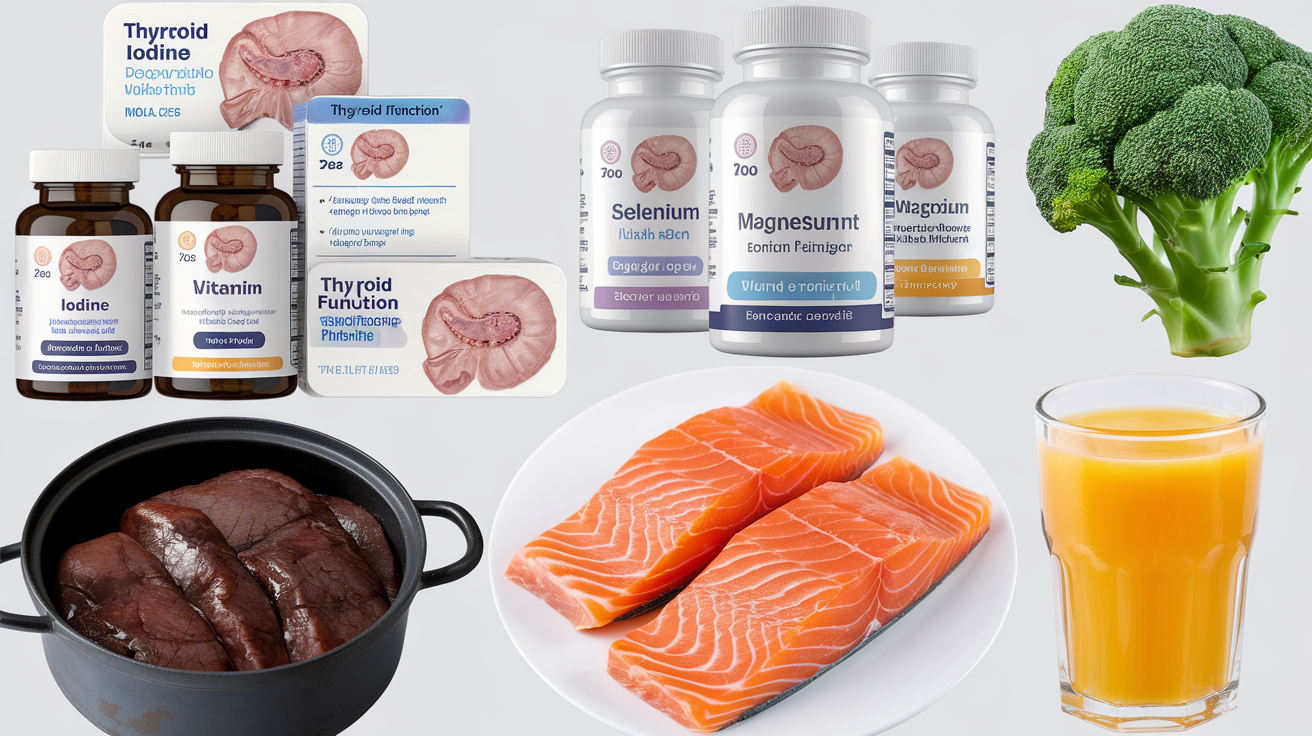Elevate Your Body, Mind & Performance
About Nutri Boost Lifestyle
At Nutri Boost Lifestyle, we believe wellness isn’t just a routine—it’s a way of life. We blend science-backed performance, holistic recovery, beauty, and sustainable living into one seamless experience.
From powerful supplements and targeted recovery solutions to clean beauty essentials and eco-friendly lifestyle products, every product is designed to help you look, feel, and perform at your best—every single day.
We’re more than just a brand; we’re a movement toward optimized living—because your health, energy, and confidence should never be compromised.
Join us and take the next step in your wellness journey—one boost at a time.
Join Our Newsletter
Never miss a collection launch and stay up to date on all things Trinity Threads Apparel.
What Our Customers Say
Join our community of happy customers who have found their skin's true potential with our luxurious, ethical, and effective skincare solutions.
Silk Skin has completely transformed my skincare routine. The Radiant Silk Cream has made my skin look and feel absolutely luminous.

Jennie K.
Knowing that I'm supporting a brand that prioritizes cruelty-free and environmentally friendly practices makes it all the more special.

Rosé P.
Knowing that I'm supporting a brand that prioritizes cruelty-free and environmentally friendly practices makes it all the more special.

Lisa M.
Frequently Asked Questions
Are Nutri Boost Lifestyle products all-natural?
Yes, our products are crafted with natural, high-quality ingredients designed to support your health and wellness.
Can I use your products if I have dietary restrictions?
Our supplements are free from common allergens like gluten and dairy. Always consult the product label or your healthcare provider for specific concerns.
What results can I expect from your supplements?
You can expect increased energy, faster fat burning, and better overall health with consistent use and a balanced diet.
What is your return policy?
We don't offer refund for open products.
See Our Latest Blogs

What supplements support thyroid function
Discover effective supplements that support thyroid function and improve your overall health. Explore essential nutrients for optimal thyroid care. ...more
Thyroid Support
November 15, 2024•17 min read

What supplements should I take on keto
Discover essential supplements for a successful keto journey. Learn what to take on keto for optimal health and performance. ...more
Weight Loss ,Keto Diet
November 08, 2024•12 min read

How Keto Supplements Can Enhance Metabolic Rates
Boost your metabolism with keto supplements. Discover the power of enhancing metabolism for optimal weight management and health. ...more
Weight Loss ,Keto Diet
September 09, 2024•23 min read
At Nutri Boost Lifestyle, we are committed to delivering quality products that support a balanced, healthy lifestyle, backed by science.
Contact Us
Nutri Boost Lifestyle
9407 NE Vancouver Mall Dr STE 104 #2200, Vancouver WA 98662-6191
(509) 213-1516
© Nutri Boost Lifestyle - 2025
All Rights Reserved
